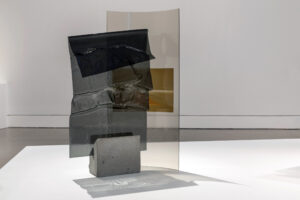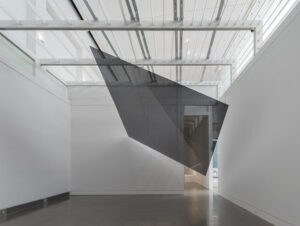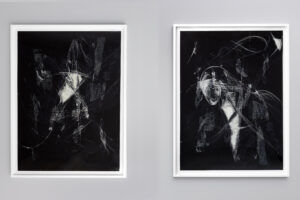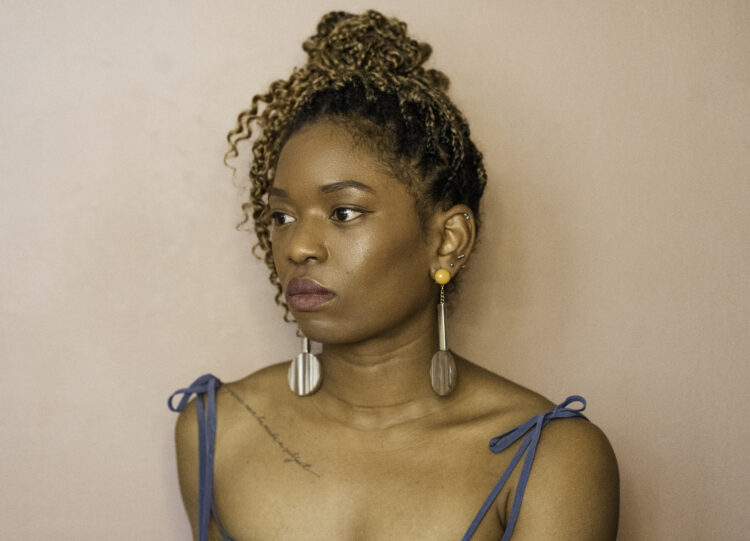
Charisse Pearlina Weston
Brooklyn, New York
Charisse Pearlina Weston received the Creative Capital Award in 2024. Charisse Pearlina Weston is a conceptual artist and writer whose practice is grounded in a deep material investigation of poetics and the autobiographical in the service of Black people. Weston holds a BA from the University of North Texas, a MSc in Modern Art: History Curating and Criticism from the University of Edinburgh and a MFA in Studio Art from the University of California-Irvine in 2019. She is an alumna of Whitney Museum of American Art’s Independent Study Program.
In 2023, she was an Artist-in-Residence at the Studio Museum in Harlem, a 2023 Jerome Hill Fellow, and a 2023/24 Hodder Fellow at the Lewis Center for the Arts at Princeton University, Princeton, NJ. She has exhibited in groups at the Contemporary Art Museum, Houston (2020), Jack Shainman Gallery (2022, 2023), the Hessel Museum of Art at Bard College, MoMA PS1, and the Whitney Museum of American Art. She has mounted solo exhibitions at Project Row Houses, Recess, the Moody Center of the Arts at Rice University and the Queens Museum. She has received awards and fellowships from Artadia Fund for the Arts, the Dallas Museum of Art, the Dedalus Foundation, the Harpo Foundation, Bard Graduate Center, the Museum of Art and Design (MAD), the Graham Foundation, among others. She was awarded the Burke Prize by the Museum of Art and Design in 2021. Her hybrid manuscript Awaiting was published by Ugly Duckling Press in March 2023.
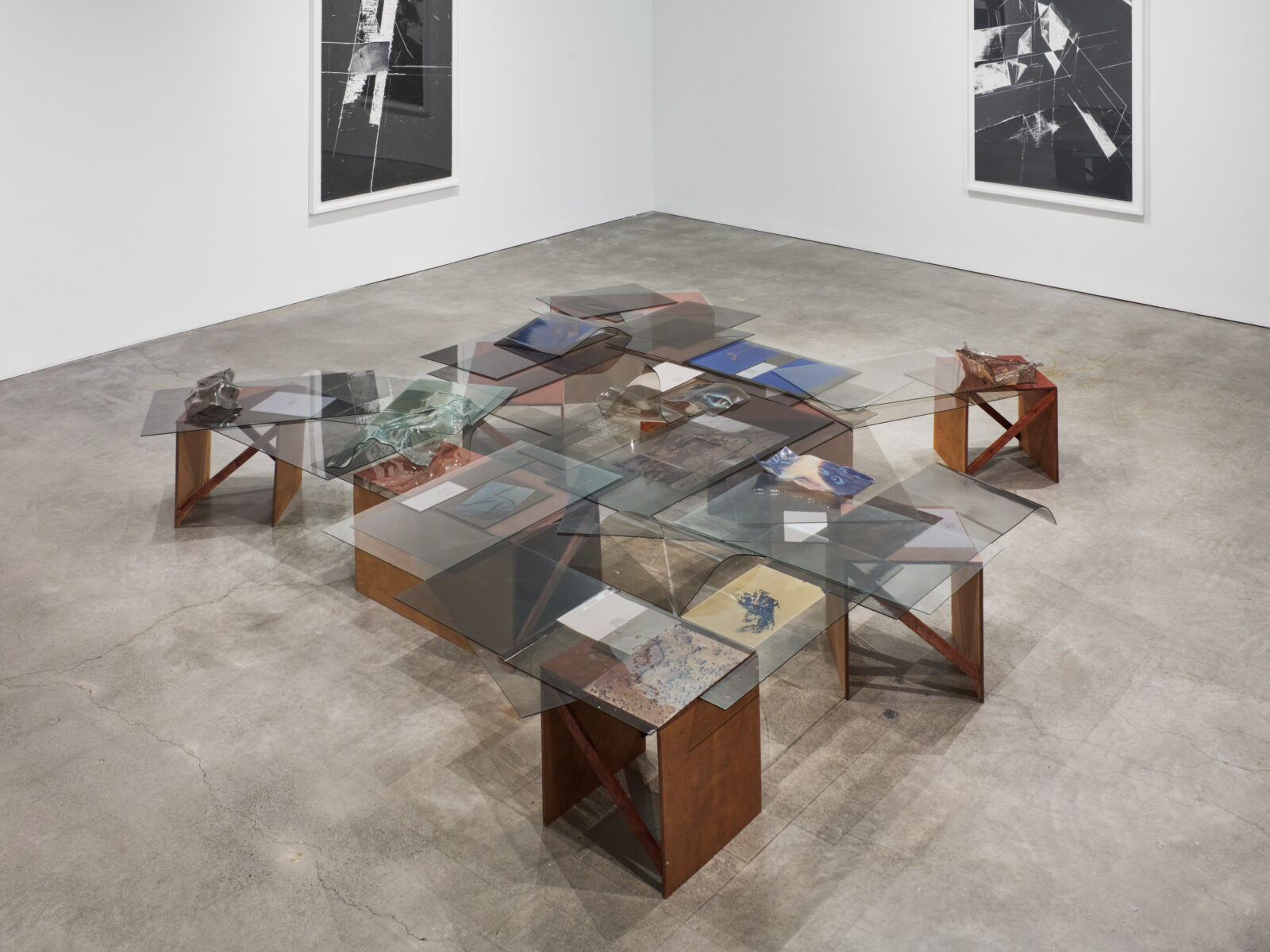





The Rider (who races backwards, faced toward the horse’s tail)
Charisse Pearlina Weston is a conceptual artist and writer. Her work contends with the dynamic interplay of violence and intimacy through repetition, enfoldment, and concealment.
Artist BioEntitled The Rider, this project places the violent and oppressive haunting of zombie laws in conversation with Zora Neale Hurston’s “Zombies,” published in her 1938 travelogue and ethnographic study, Tell My Horse. In her account, the threat of the zombie haunts the realms of labor, kinship, spatiality, and the spiritual. Similarly, the term “zombie law” describes laws rendered unenforceable by constitutional amendment, although they “remain available for actual or threatened enforcement” should that amendment be overturned. This legislation can also be thought of as undead specters dislocated from their own physical bodies (i.e. judicial bodies of enforcement) who instantiate a haunting of the present and the future insofar as their unseen looming threatens bodily re-possession. Led by conservative lawyer Jonathan Mitchell, the architect of the Texas anti-abortion law which led to the repeal of Roe vs. Wade, several conservative state legislatures have exploited this loophole to attempt to enforce 19th century anti-abortion laws. Supreme Court Justice Clarence Thomas’s call to upend other constitutional cases protecting the privacy of citizens makes clear that what is at stake here is the violent exertion and expansion of oppressive power by way of an insidious invasion of the interior. The language and intimate societal infrastructures outlined by Hurston that characterize the zombie and its threat to the social realm will be used as a foil to critique the linguistic and juridical frameworks which allow zombie laws to threaten the contemporary and the future. This project will consist of new glass sculpture, video, and sound-based works which utilize Black motifs of repetition and enfoldment.



